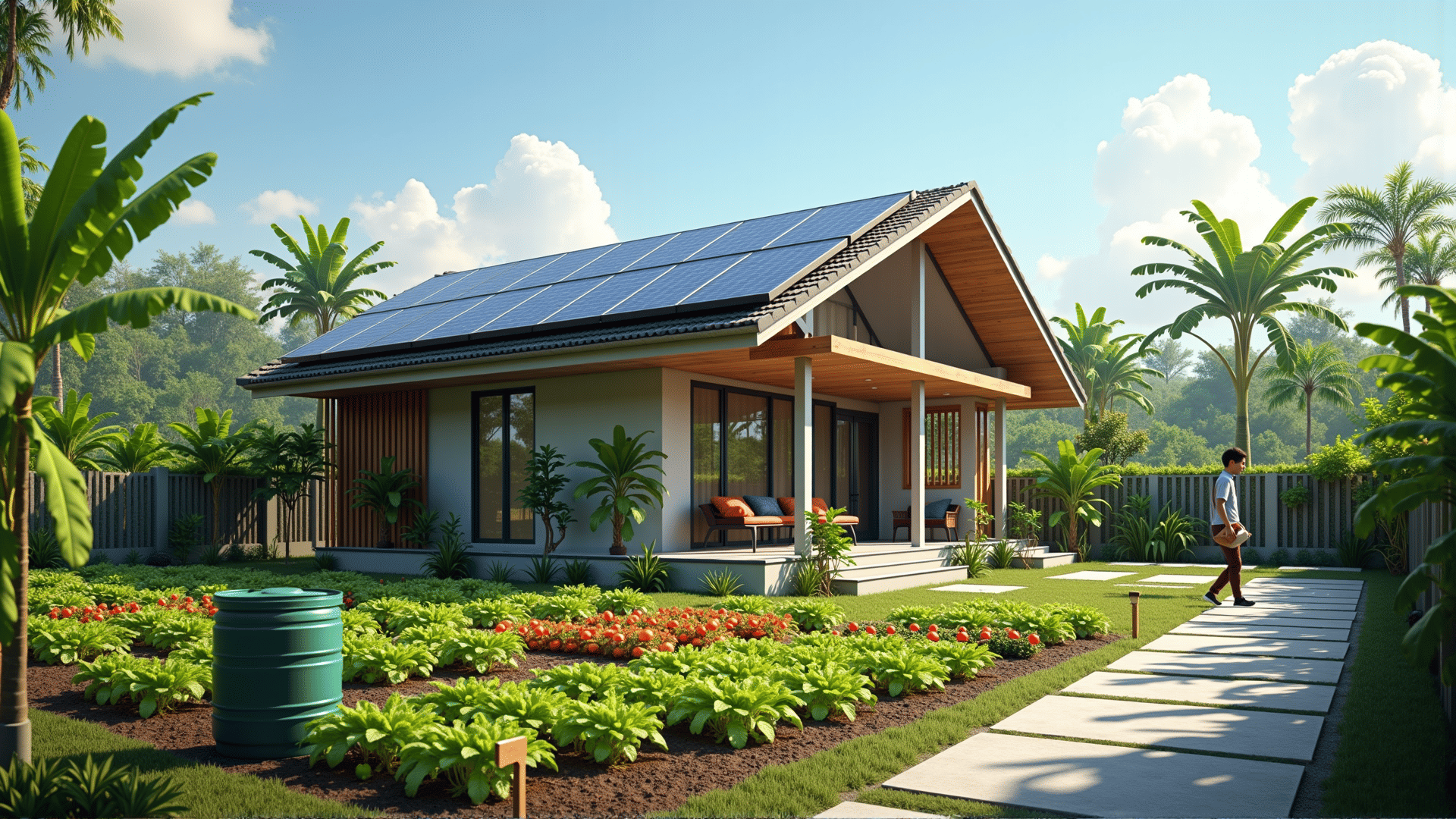In recent years, the Philippines has been making strides towards a more sustainable future through the adoption of smart consumption practices. These efforts are focused on reducing waste and safeguarding natural resources, essential for the well-being of both current and future generations.
One of the key areas of change has been in waste management. Communities across the Philippines have embraced practices that significantly reduce the amount of waste sent to landfills. This shift is evident in the growing popularity of recycling initiatives and community-based programs that repurpose materials. For example, local governments and NGOs are promoting the use of eco-friendly packaging, zero-waste stores, and educational campaigns to raise awareness about the importance of sustainable practices.
In addition to waste reduction, there's a strong emphasis on sustainable agriculture which plays a critical role in maintaining the country's rich biodiversity. Farmers are increasingly using methods that minimize environmental impact, such as organic farming, permaculture, and integrated pest management. These practices not only protect natural ecosystems but also enhance soil fertility and crop resilience, ensuring food security for the nation.
Water conservation is another prominent focus. Smart consumption in water use is being promoted through rainwater harvesting systems and the implementation of efficient irrigation techniques that help conserve this vital resource. Community-led efforts to protect and rehabilitate watersheds are also gaining traction, ensuring that both urban and rural areas have sustainable access to clean water.
Energy consumption is being transformed through the adoption of renewable energy sources. Solar panels, wind turbines, and hydroelectric projects are becoming more common, reducing reliance on fossil fuels and lowering carbon footprints. In urban settings, energy-efficient appliances and green building designs are embraced to further promote energy sustainability.
Consumer awareness is critical to these efforts, and many education campaigns highlight the importance of buying local products and supporting businesses that prioritize sustainability. By choosing locally-sourced goods, consumers contribute to reduced carbon emissions from transportation and support local farmers and producers.
As these practices become more widespread, the collaborative efforts between local communities, government entities, and private organizations continue to drive change. The implementation of smart consumption practices in the Philippines serves as a model for sustainability. By focusing on waste reduction, efficient resource use, and environmental protection, the country is paving the way towards a greener, more sustainable future. This transformation relies on the active participation of all sectors of society, proving that collective action can lead to positive environmental outcomes.
